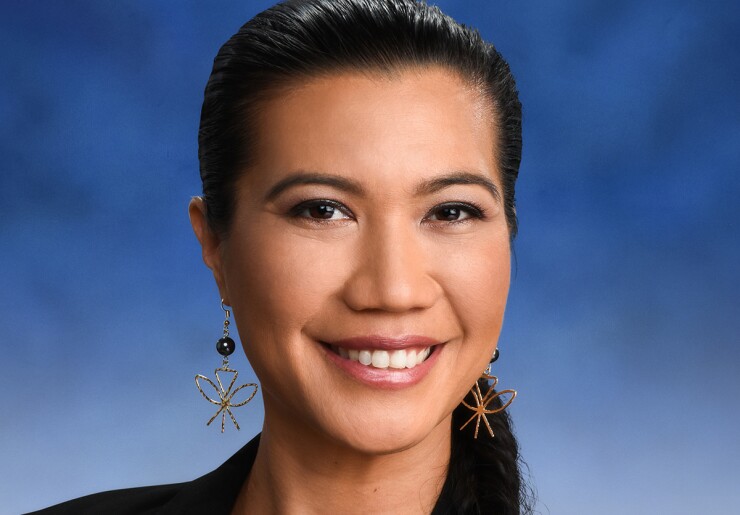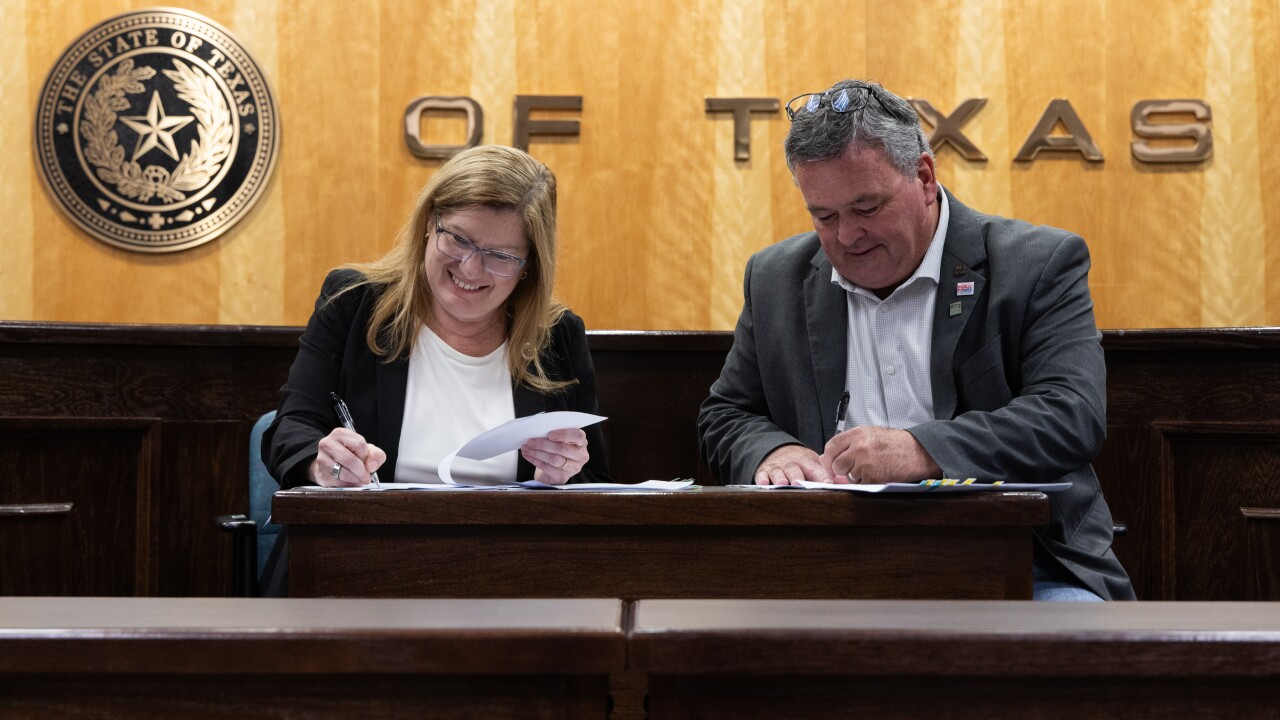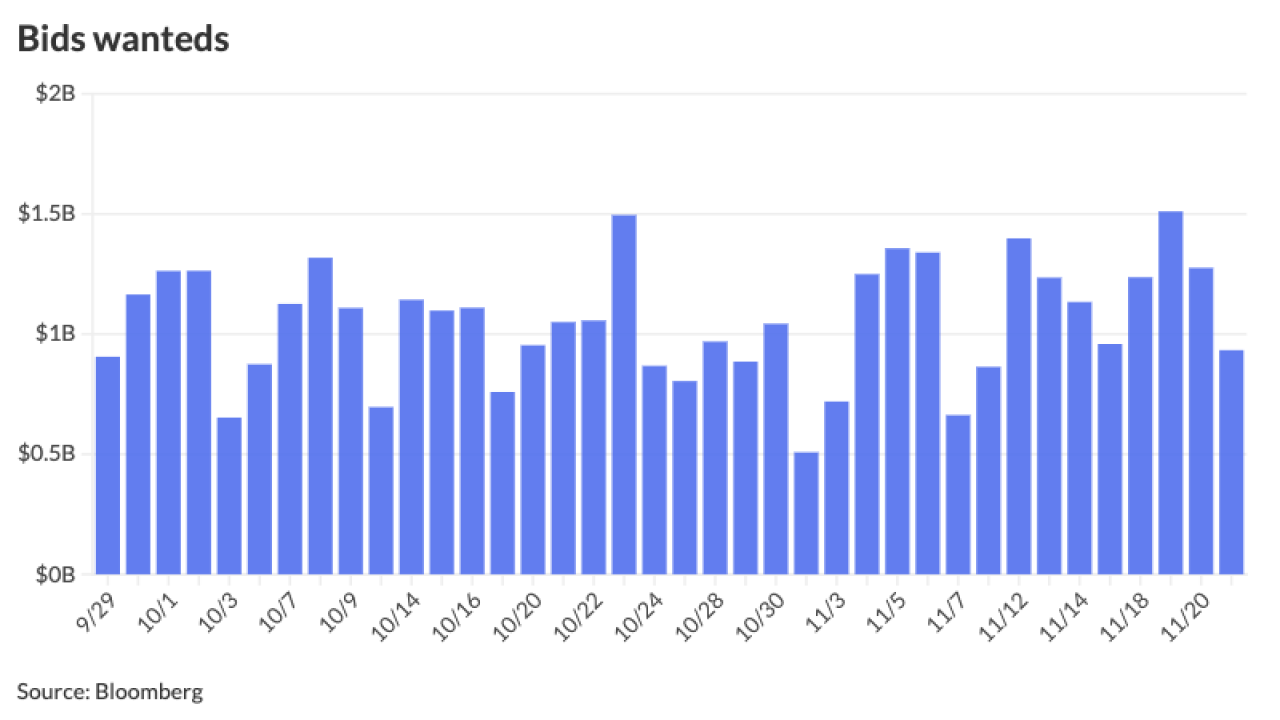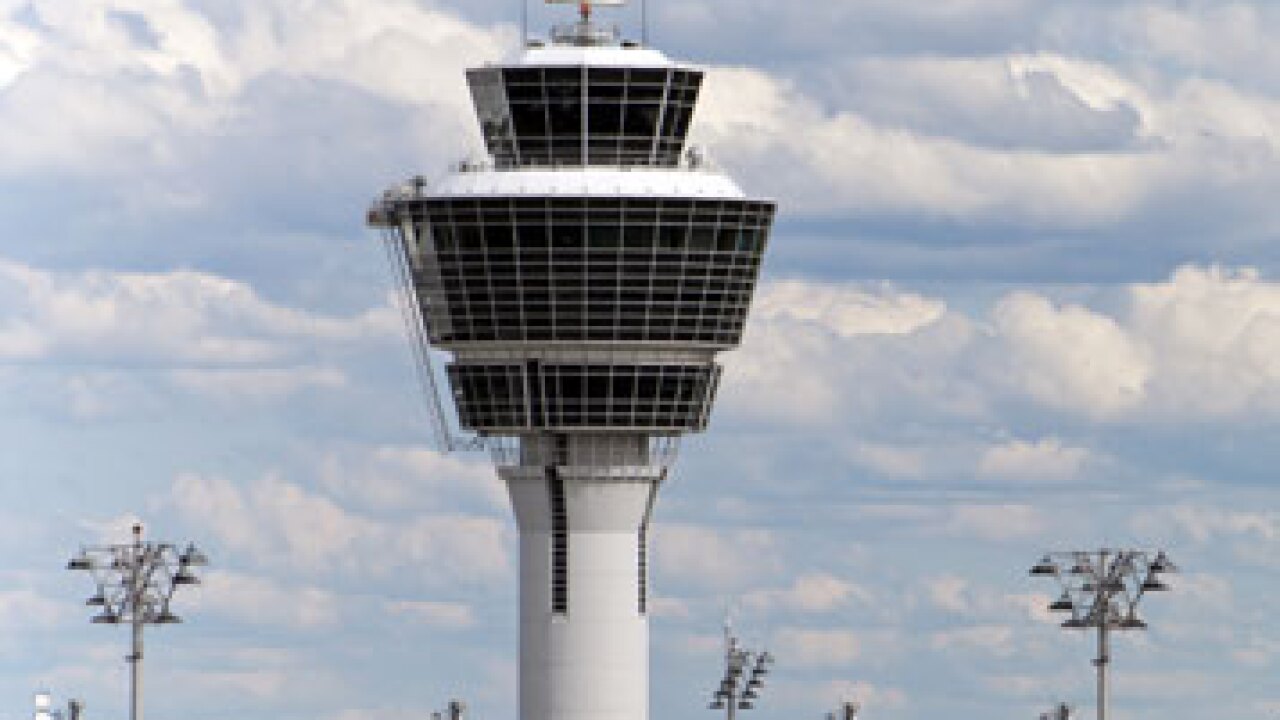Maui County, Hawaii, reaped a windfall in its fiscal 2023 budget from changes to its tax structure that it plans to use to counter its housing affordability problem.
The state approved a law last year that allowed counties to start charging an additional 3% tax on resorts and hotel rooms, on top of the state’s 10.25% hotel room tax, which brought in an additional $60 million for Maui County. That, combined with an increase in taxes on second homes and short-term rentals and increased funding from the state and federal governments, gave this year’s budget a significant boost.
The $1.07 billion spending plan for fiscal 2023 approved by county lawmakers last week was up 26% from $844 million the prior year. It’s 2.4% more than the amount proposed by Maui County Mayor Michael Victorino in March.

“The council’s budget is slightly more than the mayor’s overall budget proposal due to increased allocations to the Affordable Housing Fund, housing and homeless related programs, agriculture programs and countywide road resurfacing projects,” Council Vice-Chair Keani Rawlins-Fernandez said in a statement.
The county has about 166,000 residents. A daily average of more than 67,000 visitors were on-island in April, according
The increase in revenues enabled lawmakers to dedicate more money to solving an affordable housing crisis exacerbated by out-of-state homebuyers, who flooded the market after the pandemic began driving prices up.
After two years of a hot housing market, it’s beginning to cool, according to the Realtors Association of Maui, but the price of a median home still rose by 19% to $1.2 million on a year-over-year basis in May.
The budget would put $29 million into the county’s affordable housing fund and earmark $1 million for a program that provides first-time home buyers with $30,000 in down payment assistance.
The $264 million dedicated to capital improvements is roughly $100 million more than the previous year’s budget. The county will finance 55.1% of the capital projects or $149.7 million with GO bonds.
The council appropriated $33.1 million for road improvements including those damaged by last year’s storms and $77.7 million for water and wastewater improvements. Roughly $43 million in GOs will also be sold to pay for the $54 million design and construction of the Halau of Oiwi Art facility.
The county holds AA-plus ratings from S&P Global Ratings and Fitch Ratings and Aa1 from Moody’s Investors Service. All have stable outlooks.
The ratings enabled Maui to price $84.74 in general obligation bonds in August at an all-time low of 1.74% “all-in” interest rate in August, according to the mayor’s budget. It was the
The budget allocates $53.9 million to service its debt, which is 6.8% of county operating expenditures. The county had $418.7 million in long-term debt, including $277.5 million in general obligation bonds at the end of fiscal year 2021, according to its ACFR.
The council also allocated $9.5 million to replace Ma’alea’s injection wells, which pump wastewater into the ground and can pollute the ocean, with a modern wastewater system. Victorino opposed the decision, saying it sets a bad precedent, because the county paying to upgrade a privately owned system could encourage other aging systems to transfer their liabilities to the county.
The mayor has to approve or veto the budget before the July 1 budget year begins.





